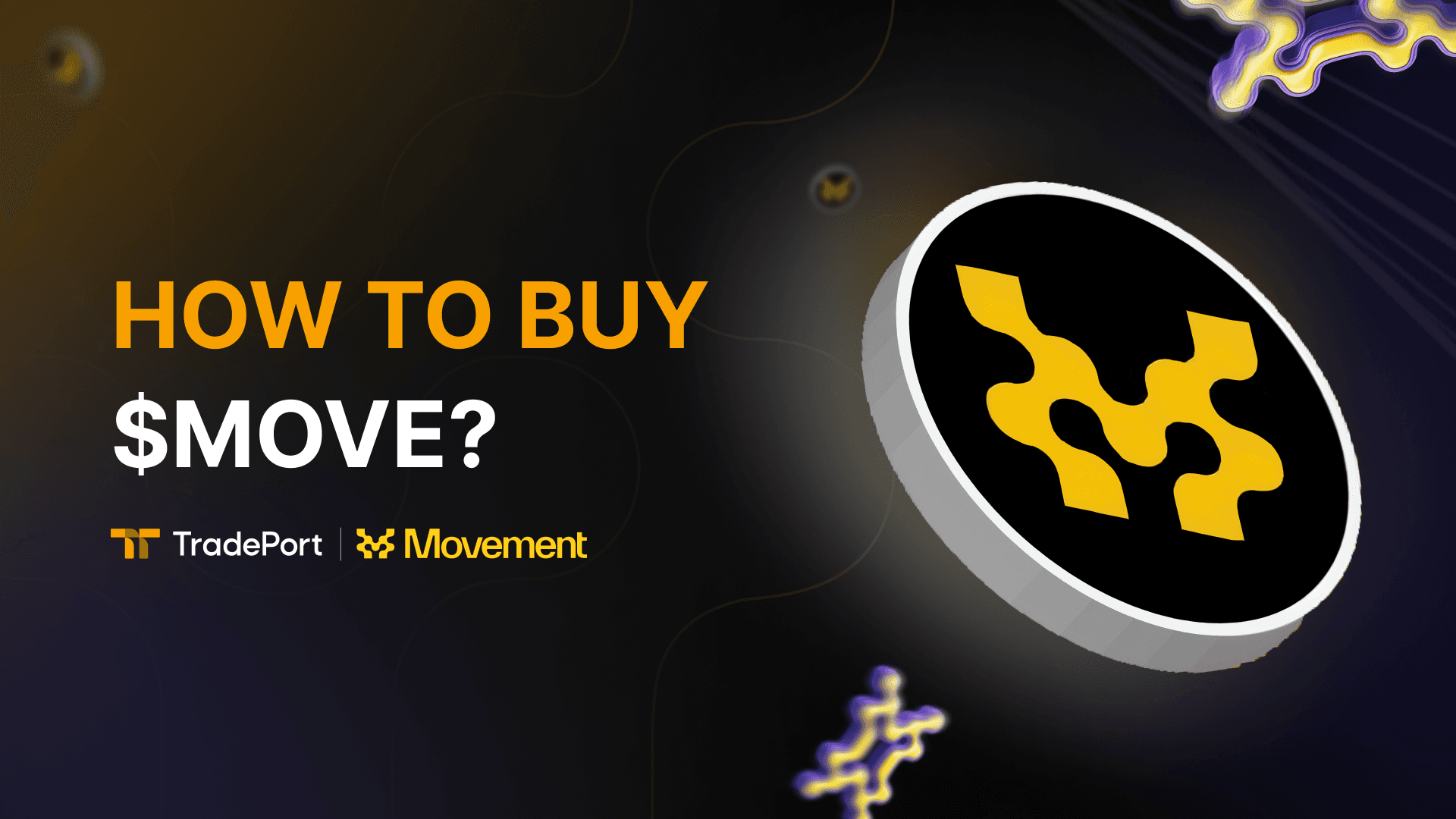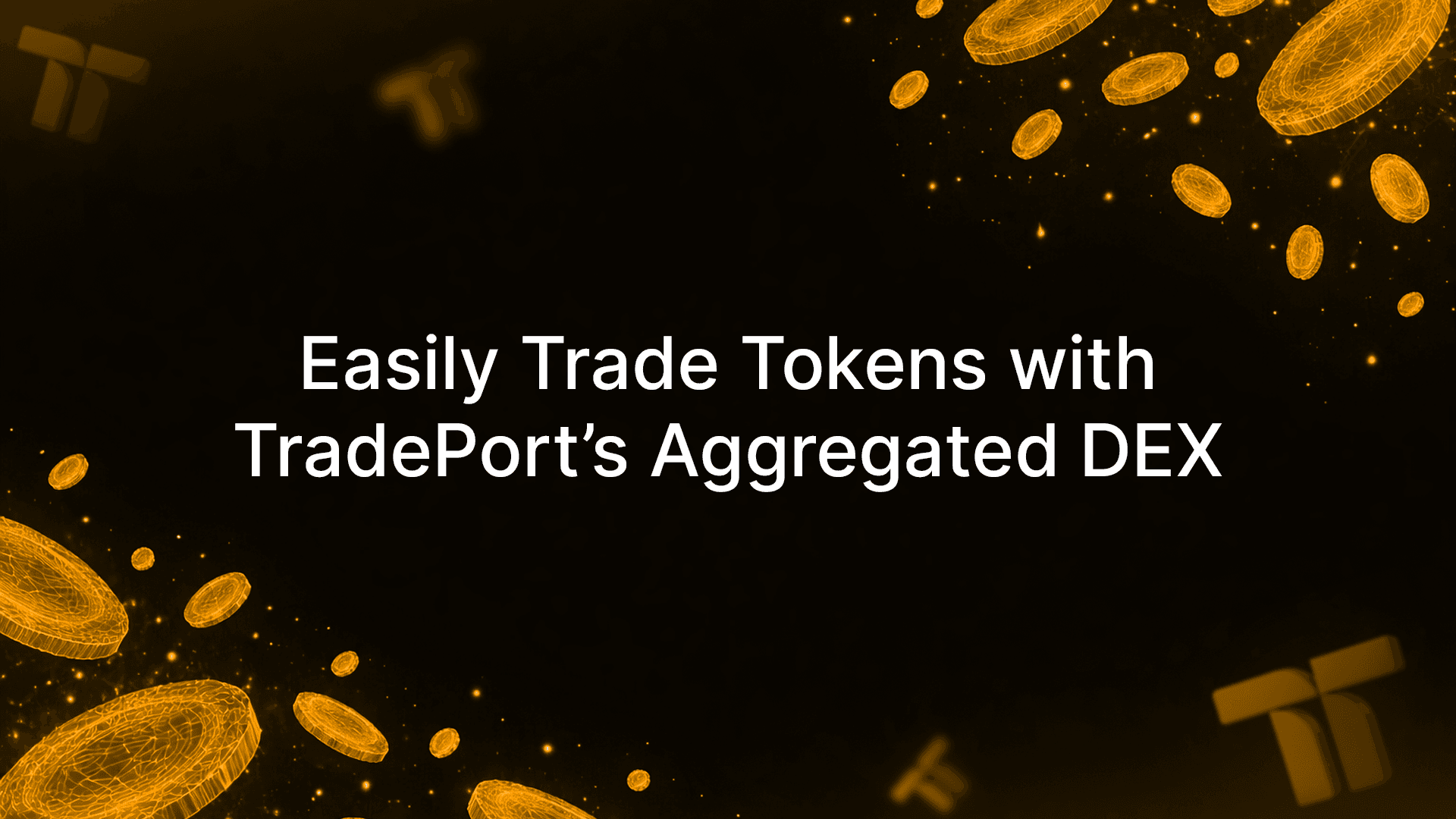
Bitcoin and Ethereum are fungible cryptocurrencies. NFTs are stored on a blockchain. Showing ownership of specific digital assets, like artwork and music. Changing ownership and profit-making in the digital realm, attracting creators and investors with soaring prices and headline-grabbing sales. This is sparking widespread interest in the NFT market.
Understanding the NFT Marketplace
Before diving into buying and selling NFTs, you must understand the NFT marketplace. The NFT marketplace has many platforms. On them, users can buy, sell, and trade NFTs. The most popular platforms include OpenSea, Rarible, and Foundation. Each has a unique user experience and selection of digital assets.
To navigate the NFT marketplace well, you must learn about the different platforms. You must also understand their fees and stay informed about trends. Also, it's essential to be cautious. You must do thorough research before making any purchases or sales.
Researching NFTs for Investment
Investing in NFTs requires careful research and analysis to identify valuable opportunities. NFTs are unlike traditional financial assets. They get their value from scarcity, demand, and cultural significance. This is instead of from traditional financial metrics.
When researching NFTs for investment, it's essential to consider the following factors:
1- Scarcity:
NFTs are often valuable because they are rare or limited in quantity. Pay attention to the total supply of an NFT. Also, consider any scarcity mechanisms, like editions or unlockable content.
2- Demand:
The value of an NFT is closely tied to its demand within the market. Look for NFTs with strong communities. They have high engagement and endorsements from influential figures.
3- Cultural Significance:
NFTs represent iconic artworks, historic moments, or cultural events. They tend to hold higher value. Consider the cultural relevance of an NFT. It is important when evaluating its investment potential.
4- Utility:
Some NFTs offer more than just ownership. They provide access to exclusive events, membership perks, or royalties from future sales. Assess the utility and potential future earnings of an NFT before investing.
To help your research, many tools and platforms provide market analysis. They also give insights into the performance of different NFTs. Use these resources to understand the market. They will help you find good investments.

Creating a Strategy for Buying NFTs
You need a strategy for buying NFTs. It is crucial for maximizing success in this fast and competitive market. Without a clear strategy, you may make impulsive decisions. You may also miss out on lucrative opportunities.
Here are some key steps to consider when creating your NFT buying strategy:
1- Setting Investment Goals:
Before diving into the world of NFTs, define your investment goals. Are you looking for short-term gains or long-term appreciation? Are you interested in collecting art, music, or other types of digital assets? Understanding your objectives will help shape your investment strategy.
2- Determining Budget and Risk Tolerance:
Assess your financial situation and establish a budget for NFT investments. It's essential to invest only what you can afford to lose, as the NFT market can be volatile. Additionally, consider your risk tolerance and appetite for uncertainty when making investment decisions.
3- Developing a Diversified Portfolio Approach:
Diversification is key to cutting risk and boosting returns. This is true for any investment portfolio, including NFTs. Spread your investment capital across many NFTs. This will reduce risk and help you catch opportunities in different market sectors.
Follow these steps. Make a good strategy. Then, you can buy NFTs with confidence and increase your chances of profit.
How to Buy NFTs
You've laid the groundwork with your research and strategy. It's time to delve into the practical steps of buying NFTs. The process may vary slightly by platform you choose. But, the key steps stay the same.
Here's a step-by-step guide to buying NFTs:
1- Choose a Platform:
Select a reputable NFT marketplace or platform to browse and purchase NFTs. Popular platforms include OpenSea, Rarible, and Foundation. Each has a diverse selection of digital assets.
2- Create an Account:
Sign up for an account on your chosen platform. Make sure you complete needed verification steps. They help with buying and selling NFTs.
3- Fund Your Wallet:
Add funds to your digital wallet on the platform. Most platforms accept cryptocurrency payments. You may need to move funds from your exchange or wallet.
4- Browse Listings:
Explore the marketplace. Discover NFTs that match your interests and investment goals. Use filters and search functions to narrow your options. You can base the narrowing on criteria like category, price, and creator.
5- Evaluate Listings:
Before making a purchase, carefully evaluate the details of each listing. Consider factors. These include the artwork's quality, creator reputation, edition size, and asking price. Look for NFTs that align with your investment strategy and budget.
6- Place Your Bid or Purchase:
Once you've found a good NFT, you can bid on it or buy it directly. The option depends on the listing's format. Follow the platform's instructions to complete the transaction securely.
7- Confirm Ownership:
After completing the purchase, check that the NFT transferred to your digital wallet. Review the transaction details. Make sure you got the matching token for ownership.
8- Secure Your Investment:
Secure your NFT investment. Transfer it to a secure digital wallet or add more security. Safeguarding your assets is essential to protect against theft or unauthorized access.
Follow these steps. They will help you buy NFTs with confidence and start building your digital assets.

Selling NFTs for Profit
Once you've acquired NFTs for your portfolio, the next step is to sell them smartly. This is how you turn a profit. Selling NFTs involves understanding market trends. You must time your sales well and use strategies to maximize returns.
Here's a guide to selling NFTs for profit:
1- Understand the Selling Process:
Familiarize yourself with the process of selling NFTs on your chosen platform. Each platform may have different procedures for listing and selling NFTs. So, be sure to follow their guidelines.
2- Timing Your Sales:
Monitor market trends and assess the demand for your NFTs before deciding when to sell. Consider recent sales data. Also, think about collector interest and the NFT market's sentiment. Aim to sell when prices are high and demand is strong to maximize your profits.
2- Strategies for Marketing and Promotion:
To attract buyers and drive interest in your NFTs, consider using marketing. Also, use promotion. Use social media, online communities, and NFT platforms to show off your NFTs. They will help you reach potential buyers.
3- Setting a Competitive Price:
Set a fair price for your NFTs. The price should be competitive. Base it on factors such as rarity, artistic value, and demand. Look at similar listings and recent sales. Use them to gauge market prices. Then, adjust your asking price.
4- Listing Your NFTs:
Create compelling listings for your NFTs. The listings should showcase their features and appeal to potential buyers. Include good images or videos. Also, add detailed descriptions and extra info. These things make your NFTs more valuable.
5- Managing Offers and Negotiations:
Be ready to negotiate with buyers. Consider offers that match your selling goals. Be open and clear with those involved. Be willing to negotiate terms that benefit both.
6- Completing the Sale:
Once you've accepted an offer or received a bid that meets your criteria, complete the sale as the platform tells you to. Follow all required steps to transfer the NFT to the buyer securely. Also, ensure you receive payment promptly.
Follow these steps. Use effective selling strategies. They can help you sell NFTs for profit and meet your investment goals.

Managing Your NFT Portfolio
Once you've begun buying and selling NFTs, you must manage your portfolio. This is to ensure it does well and to limit risk. Managing an NFT portfolio involves tracking your investments. You must reassess your holdings and stay informed about market trends and developments.
Here are some key strategies for managing your NFT portfolio effectively:
1- Tracking Your NFT Investments:
Keep detailed records of your NFT holdings, including purchase prices, sale prices, transaction dates, and any additional information relevant to each asset. Utilize portfolio management tools or spreadsheets to organize and track your investments efficiently.
2- Reassessing and Adjusting Your Portfolio:
Regularly review your NFT portfolio to assess its performance and identify opportunities for optimization. Consider factors such as market trends, asset performance, and changes in your investment goals or risk tolerance. Adjust your portfolio allocation as needed to align with your evolving objectives.
3- Seeking Diversification:
Diversification is key to managing risk and maximizing returns in any investment portfolio, including NFTs. Spread your investment capital across a variety of NFTs representing different asset classes, creators, and categories. This diversification can help mitigate the impact of individual asset underperformance and provide exposure to different segments of the market.
4- Monitoring Market Liquidity:
Pay attention to liquidity within the NFT market, particularly for assets that may be less liquid or have limited trading volume. Be mindful of potential challenges in buying or selling illiquid assets and factor liquidity considerations into your portfolio management decisions.
By actively managing your NFT portfolio and following these strategies, you can optimize your investment performance, minimize risk, and capitalize on opportunities in the dynamic and rapidly evolving NFT market.
Risks and Challenges of NFT Trading
NFTs offer exciting investment opportunities. But, you must know the risks of trading these digital assets. Navigating the NFT market requires caution, care, and understanding. You need to know the unique factors that can impact investments.
Here are some of the risks and challenges to consider when trading NFTs:
1- Market Volatility:
NFT prices change quickly. They respond to shifting demand, sentiment, and outside factors. The market can be very volatile. Investors should expect price swings. They may also face big losses in turbulent markets.
2- Lack of Regulation:
The NFT market operates largely outside of traditional regulations. This leaves investors vulnerable to fraud, manipulation, and other crimes. Be cautious when doing NFT transactions. Do thorough due diligence to reduce the risk of scams or fraud.
3- Security Concerns:
NFTs are stored on blockchain networks. These networks are vulnerable to cybersecurity threats, hacking, and flaws in smart contracts. Protect your digital assets with secure wallets. Use strong security measures and stay informed about best NFT protection practices.
4- Liquidity Issues:
Some NFTs may have low liquidity. This means there is little trading and few willing buyers or sellers. Illiquid assets are hard to buy or sell at fair prices. This can cause delays or difficulties in transactions.
5- Legal and Regulatory Risks:
As the NFT market continues to evolve, there may be legal and regulatory uncertainties surrounding issues such as intellectual property rights, copyright infringement, and taxation. Seek legal advice and stay informed about relevant laws and regulations to ensure compliance and mitigate legal risks.
6- Overvaluation and Bubble Risks:
NFT prices have risen rapidly. This has led to worries about bubbles and overvaluation. Be cautious when investing in NFTs at high prices. Be ready for price drops.
By understanding and fixing these risks and challenges. Investors can make better decisions. They can navigate the NFT market with more confidence and resilience.

In Short
By following the guide's steps. And, by staying engaged with the NFT community. You can succeed in this lively market. Embracing experimentation and learning is key. It will help you to use NFTs to their full potential and to shape digital ownership.
Get Ahead in the Crypto Market with Indexer.xyz
Keep ahead of the curve in the crypto market with TradePort.xyz! Stay informed on the latest cryptocurrency trends. Get insightful guides and tips on blockchain. Safeguard your projects with ease using the TradePort API. Explore our website today for all your crypto needs!




